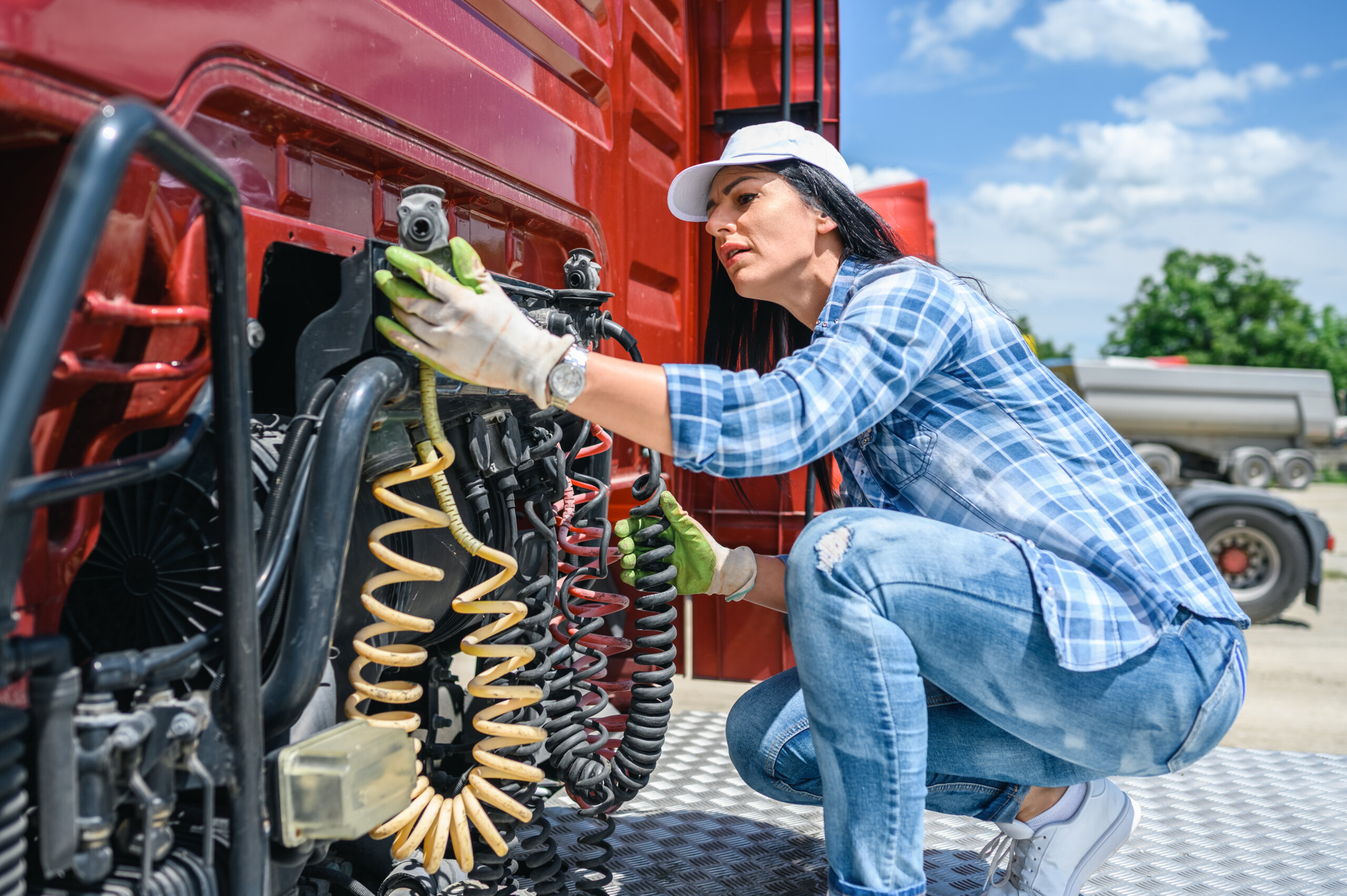Large trucks are powerful machines. They travel U.S. roads and highways at great speeds as they try to safely transport heavy loads. The size and weight of these oversized vehicles mean that they can cause devastation in the event of an accident. Truck accident victims who survive are often left with debilitating, lifelong injuries. Among the many causes of truck accidents, one of the most unsettling, perhaps, is when a truck’s safety mechanisms fail. Imagine, the very things made to help trucks be safe on the road failing and, as a result, an accident occurring. Unfortunately, this is far from a common occurrence.
In this blog, we will discuss what can happen when safety mechanisms in trucks fail. We will also explore common mechanical issues, their impact on safety, and how regular maintenance can prevent these tragedies.
Defective Safety Mechanisms and the Likelihood of Truck Accidents
According to the Large Truck Crash Causation Study conducted by the Federal Motor Carrier Safety Administration, mechanical failure in trucks causes hundreds of crashes each year resulting in serious injury to those involved. Some of the most common safety mechanism failures leading to large truck crashes include:
- Tire blowouts: When tires are poorly maintained or worn down, tire blowouts are the common result. A truck that has a tire blowout is a hazard for anyone in the truck’s path as a blowout can quickly cause the truck driver to lose control of this oversized vehicle. The truck may swerve into other lanes. It may jackknife. Scraps from the destroyed tire can fly out into the path of other vehicles that try to swerve to avoid the debris.
- Transmission failure: A truck’s transmission plays an integral role in allowing the truck’s engine to shift gears. As gears shift, the truck can adjust speeds. Properly shifting gears also means that the truck is provided with adequate power necessary to pull heavy loads up hills and inclines. Because of the incredible weight of a truck and its cargo, the transmission on these oversized vehicles is subject to serious wear and tear requiring frequent maintenance in order to avoid transmission failure.
- Steering failure: The steering system of a truck is both complex and integral to its safe operation. In order to remain fully functional, the steering system must be properly maintained. For instance, the steering system relies on steering fluid which must be periodically replaced and the system as a whole should be regularly inspected.
Brake failure is another common cause of large truck accidents involving failure of the truck’s safety mechanisms. And, regardless of which of these safety mechanisms fails, the results can be the same—widespread devastation on the roads resulting in tragic injuries to those involved.
Proper maintenance and regular inspections are critical to ensuring that a truck’s safety mechanisms are in working order. While federal law requires drivers to complete daily inspections of their rigs, this can sometimes fall by the wayside or not be properly conducted. Trucks are also required to undergo annual inspections by a qualified inspector. Failing an inspection means that the truck should be kept off of the road.
North Dakota Personal Injury Attorneys
If you have been injured in a trucking accident caused by a mechanical failure, there are a number of parties you can potentially hold liable for causing you harm. From the driver to the trucking company to those responsible for maintaining the truck, the team at Pringle & Herigstad will thoroughly investigate anyone who should be held accountable for the harm you have suffered. Contact us today.
